Hi, everyone! I am posting all of Jim's hard work on trying to gather as much information about blackspot and how it is influenced by climate. And I too am adding one link on the disease process of blackspot (last link).
blackspot info from the University of Illinois
blackspot info from the University of Oregon
blackspot info from the American Rose Annual
The articles do point out that blackspot overwinters in the ground as well. Also we have to make sure that all fallen leaves are discarded. Rain, lack of drying time is the primary driving force of blackspot infestation. The other thing is never! to pull off blackspotted leaves when there is any humidity or moisture in the air. Moisture is the worst possible thing when it comes to the spread of blackspot; all the articles point out that as long as there's drying time, blackspot will not spread. Hence the best combatant of blackspot is actually the sunlight! Full blazing sun dries out the leaves. Blackspot also cannot grow in temperatures above 90 degrees.
Another interesting thing about the article is that it proves why certain climates have very little problems with blackspot. Climates in dry arid, hot regions get the least blackspot.
I am also including a bit of discussion between me and Jim in trying to figure out the blackspot.
"Blackspot can easily germinate below 65 degrees. All (the article) is saying is that it only takes 7 hours for BS spores to germinate if the weather is between 65 degrees and 75 degrees Fahrenheit. That is why its so important to spray Greencure during the first season (very!!!! early Spring). Spring can range anywhere from 40 degrees to 50 degrees, and 50 degrees with plenty of ongoing rains is!!! going to create blackspot if there is consistent rain. ThatÂs why places like cooler New Jersey is so highly vulnerable to blackspot. They have incessant rainy spring weather, and their weather is very cool in the Northeast coast. You are misreading what the article is saying. It just takes longer to germinate, but once the spores settle in, you have a nightmare on your hands.
Example is that you need to re-read the articles. At 50 degrees it takes 13 hours-1/2 a day of rain up to one day of rain. So 2 days of straight rain will definitely produce blackspot."
Alas, Jim and I were not able to find any more organic remedies for blackspot just as the organics rosarians have likewise told/warned us. On the other hand, we found plenty of crazy suggestions like dumping 1/3 box of baking soda and vinegar, LOL, LOL! Again, really silly kooky suggestions. Anyway, Greencure and raw fish oils are merely buffers and can slow down the blackspot but they will not cure it. All one can do is grow healthy strong roses that will survive the blackspot. Jim however will not be including any weak roses in his garden, unlike me. He will be getting rid of any roses that prove non-resistant. Whereas mine is to get rid of all non-fragranced roses, LOL! (we have different priorities, LOL!) I don't mind a little blackspot so long as my roses are big with lots of foliage and growth and blooms.
Both Jim and I agree that healthy roses are grown with good sunlight, airflow and good, balanced soil. We also agree that it's very important not to overfertilize the soil. Overfertilized soil (too high in nutrients) can actually make certain pests like thrips proliferate. And stressed plants will have less resistance to blackspot.
I found the articles to be very informative, interesting and a fantastic read so that I can understand "The Enemy". LOL! Many thanks, Jim!
As for my own link, the only highly effective fungicide that occurs naturally in nature is actually lime and sulfur. However! it is not exactly benign. But it is "organic" by definition. I will not be using lime and sulfur because I only want completely safe ingredients.
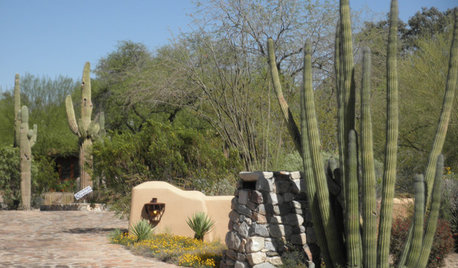


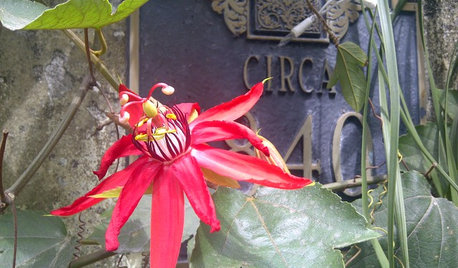
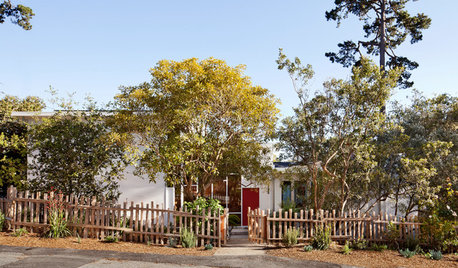
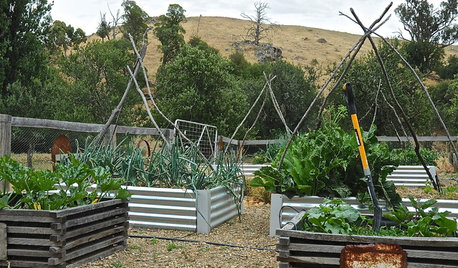
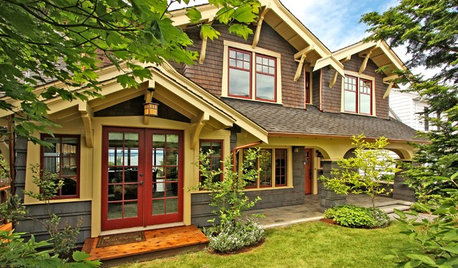

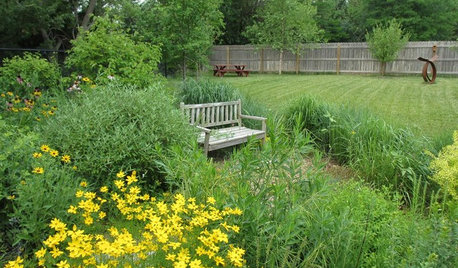
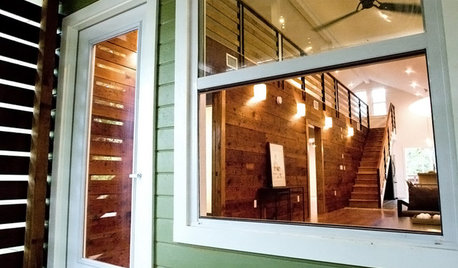







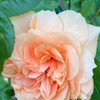
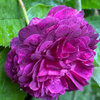

sammy zone 7 Tulsa
serenasyhOriginal Author
Related Professionals
Chattanooga Landscape Architects & Landscape Designers · Fitchburg Landscape Architects & Landscape Designers · Piqua Landscape Architects & Landscape Designers · Waunakee Landscape Architects & Landscape Designers · Winder Landscape Architects & Landscape Designers · McKinney Landscape Contractors · Davis Landscape Contractors · Harvey Landscape Contractors · Hawaii Landscape Contractors · Holland Landscape Contractors · Pueblo West Landscape Contractors · River Ridge Landscape Contractors · Tigard Landscape Contractors · Kingsburg Landscape Contractors · Palos Heights Landscape Contractorssammy zone 7 Tulsa
serenasyhOriginal Author
sammy zone 7 Tulsa
serenasyhOriginal Author
sammy zone 7 Tulsa
sergeantcuff
serenasyhOriginal Author
sammy zone 7 Tulsa
serenasyhOriginal Author
sergeantcuff
serenasyhOriginal Author
sergeantcuff
wesley_butterflies
serenasyhOriginal Author